Principal Investigators in the Biostatistics Branch (BB)

Meet the principal investigators in the Biostatistics Branch (BB) and learn about their research programs.
-

Paul S. Albert, Ph.D.
Dr. Albert's research focuses on complex modeling of correlated outcomes in biomedical sciences, including the analysis of longitudinal data, diagnostic testing, and data from biomarker studies. He also performs methodological research, including joint modeling of longitudinal and survival data, the analysis of high-dimensional chemical mixture models, and the analysis of circadian rhythms.
-
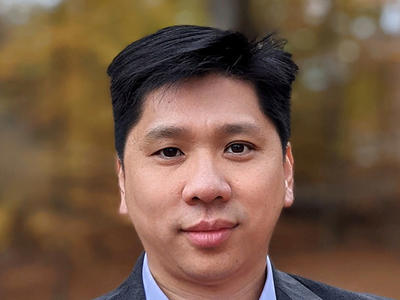
Li C. Cheung, Ph.D.
Dr. Li Cheung's research lies at the intersection of traditional quantitative epidemiology and novel methods to better understand the etiology and natural history of the multistate cancer process. He seeks to utilize epidemiologic findings to inform risk-based and benefit-based approaches to cancer screening and prevention.
-
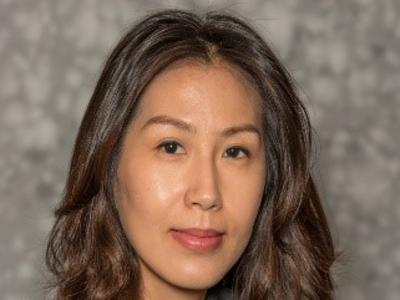
Hyokyoung (Grace) Hong, Ph.D.
Dr. Hong focuses on the development of cutting-edge statistical methods for analyses of complex large-scale datasets (e.g., high-dimensional censored data and longitudinal data), and their application to the fields of public health, medicine, and health policy research. Her role in DCEG is to advance scientific knowledge in population-based cancer epidemiology and genetics studies through the development and use of novel statistical methodology.
-
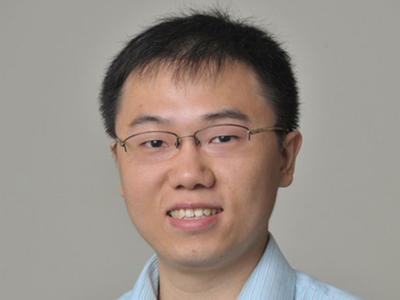
Danping Liu, Ph.D.
Danping Liu, Ph.D. develops new statistical methods to evaluate and combine biomarkers for use in risk prediction.
-

Ruth Pfeiffer, Ph.D.
Dr. Pfeiffer's research focuses on statistical methods for absolute risk prediction, problems arising in molecular and genetic epidemiologic studies, and the analysis of data from electronic medical records.
-
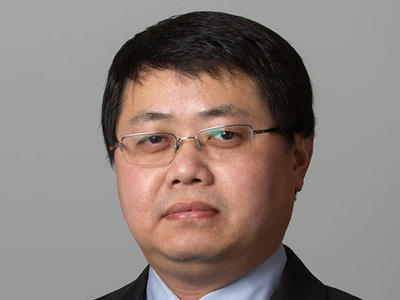
Jianxin Shi, Ph.D
Jianxin Shi develops statistical approaches to study the role of genetics in cancer etiology and survival, and analysis of the microbiome. His work has focused on methods to analyze genome-wide association data for the detection and association testing of copy number variations and for estimating genetic heritability of cancer survival.
-
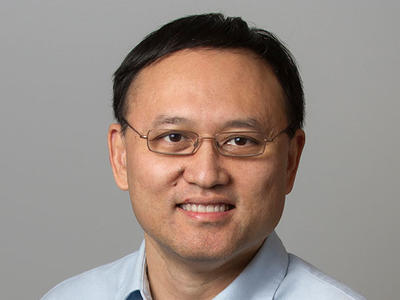
Kai Yu, Ph.D.
Dr. Yu's research research addresses a wide variety of statistically and computationally challenging problems that have arisen in design and analysis of modern high-dimensional genetic and molecular epidemiologic studies, including including statistical methods for genetic and genomic studies, tree-based models and applications in molecular epidemiology studies, and integrative analysis using individual-level and summary-level data.
-

Haoyu Zhang, Ph.D.
Dr. Haoyu Zhang, Earl Stadtman investigator in the Biostatistics Branch (BB), develops and applies scalable statistical methods for analyzing multi-ancestry genetic and biobank data, translating these findings to clinical settings to inform prevention and therapeutic strategies.
-

Tongwu Zhang, Ph.D.
Dr. Tongwu Zhang works on characterizing tumor heterogeneity and evolution in relation to specific genetic backgrounds and etiological factors using the tools of computational biology, bioinformatics, biostatistics, and mathematics.
-
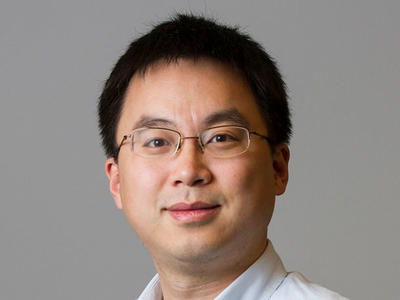
Bin Zhu, Ph.D.
Dr. Zhu is an internationally recognized expert in the development of statistical methods to uncover and characterize cancer etiology. His multidisciplinary approach has resulted in major contributions to our understanding of germline and environmental exposures on molecular features of the cancer genome and the role of mutational signatures in prevention, diagnosis, and treatment, as well as implications for risk prediction and survival.